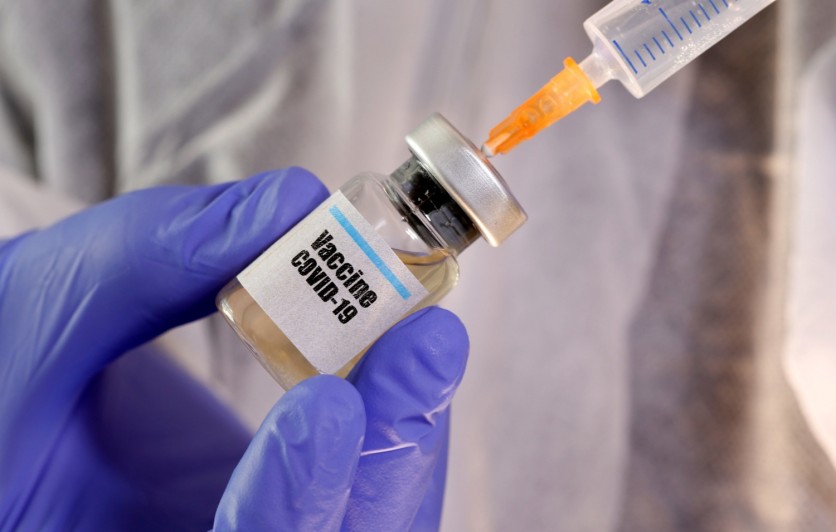
Antibody tests for coronavirus that could tell who is immune to such a lethal virus could hold the key to helping life return to normal sooner. However, experts say finding an accurate antibody test could take years.
Although there are promising studies about these antibody tests, the truth is nobody has an answer yet as to how antibodies prevent reinfection, or how the immunological armor might last. Hence, scientists say they are desperately searching for a blood-based test at 'lightning speed' - in a few months.
Identifying the exact antibodies remains a challenge
Apprehending how the virus itself triggers a healthy resistant system to begin generating antibodies is necessary. However, scientists remain divided on immune response behavior.
This consequences in antibody assessments with diverse designs, several of which failed the accuracy tests because they're not specific sufficient for SARS-CoV-2.
Some early studies suggested that antibodies may want to block reinfection for a few weeks, NPR reported. However, doctors say the level of antibodies in the blood that offers immunity and how long that protection lasts remains unclear.
But studies on the new coronavirus' closest relative - SARS - suggests a patient generates antibodies that final a median of two years.
Dr. Susan Whittier told DailyMail the process of making an antibody check lies with identifying the precise antibodies produced through the body to combat the infection. She added the crux of the problem is: "we don't know what we do not know."
How do antibody tests work, and why is it difficult to make a reliable one?
The development of antibody assessments requires some knowledge of the proteins that shape the membrane of the virus.
Viruses are made from many proteins, called antigens, of which a few are shared with different infections. Only a few may be specific to the modified virus.
The proteins unique to the virus will cause the production of antibodies that neutralize the virus, preventing it from replicating.
'We have to figure out what part of the virus is going to be really specific for that virus,' Dr. Whittier, head of Columbia University and New York Presbyterian's microbiology lab, told DailyMail.
Those sections of the viral protein coat have to be then produced in the laboratory, using mobile lines, to be examined in an immunoassay.
Dr. Whittier said scientists extract the protein and place it in the backside of the plastic well. They would then put the blood serum in it and observe if there might be something that persists with it. That 'something' will be the antibodies in the patients' blood.
Anna Petherick of the University of Oxford said measures the presence or concentration of antibodies will shape the basis of test kits for people who believe they have COVID-19.
Petherick told The Lancet that antibody testing and development takes time. She explained exposing the protein in the right structure is often the "most challenging step."
'There also are questions about which antigens (proteins) are best for this purpose. Various labs making antibody checks might not even be testing for precisely the same antibodies, Petherick added.
Some tests may additionally confuse antibodies produced in response to the virus that causes COVID-19 to the ones made for different coronaviruses.
"There are a lot of other coronaviruses, and the issue is you need to find [the specific target] for this virus, so it's not going to cross-react," Dr. Whittier said.
Typically, finding the correct target might 'take months or years, and we're trying to do it in weeks to months,' Dr. Whittier stated.
ALSO READ : Coronavirus Vaccine Has Possibly Been Hidden Around for 100 Years; We Just Don't Know it Yet
What does a positive coronavirus antibody test really mean? Even the experts don't know... Yet
Time and volume of humans infected are key crucial elements for an antibody check. And labs developing antibody checks have neither on their side.
The results from the patients would tell scientists how many antibodies are enough to make someone resistant to reinfection and how long that immunity lasts.
Having the antibody test is the first step to answering the questions. But some humans will broaden antibodies more speedy than others, and a few will have more quantities of antibodies than others.
Now, labs are beginning to produce 'semi-quantitative' exams, which could tell if a person has 'a bit antibody or a whole lot of antibody,' Dr. Whittier said.
As more humans are tested for stages of antibodies, epidemiologists can observe what degrees provide protection and how long.
ⓒ 2025 TECHTIMES.com All rights reserved. Do not reproduce without permission.




